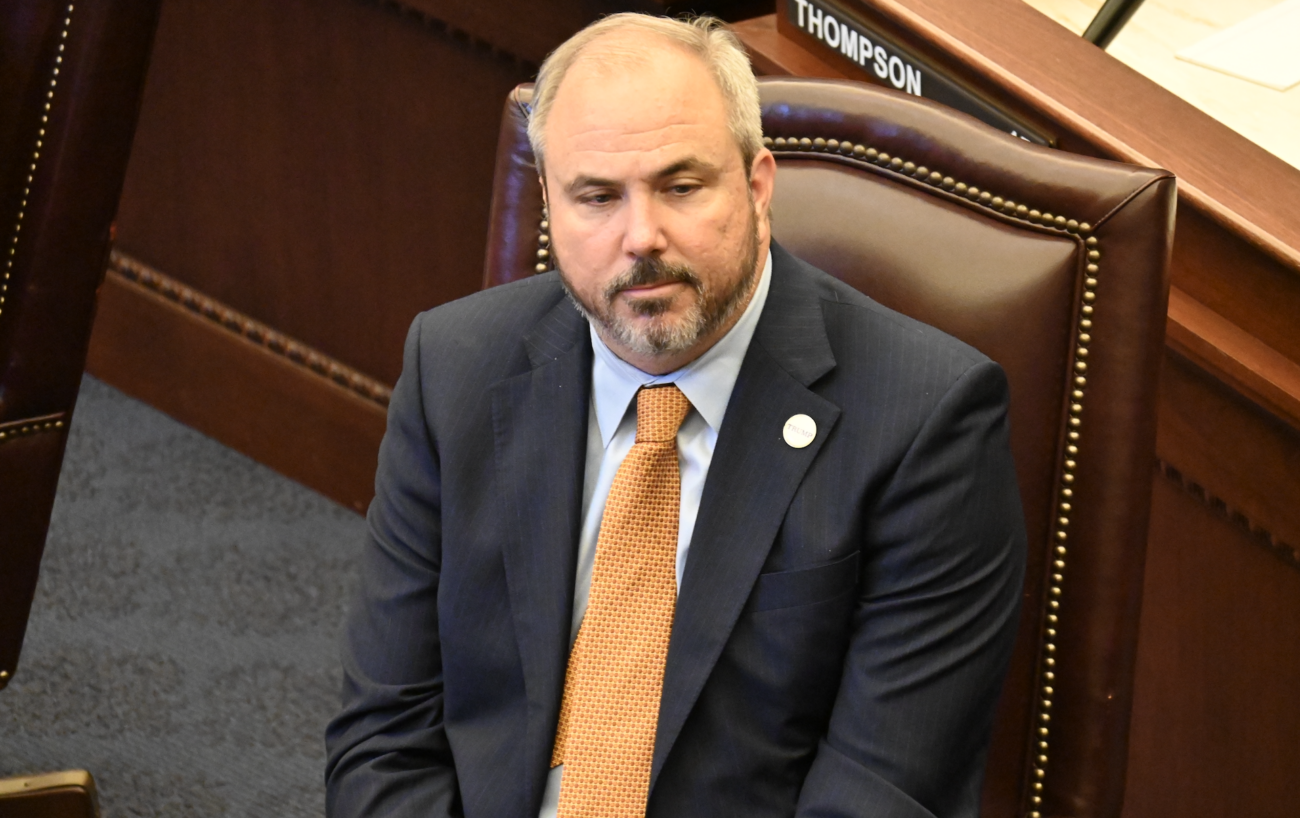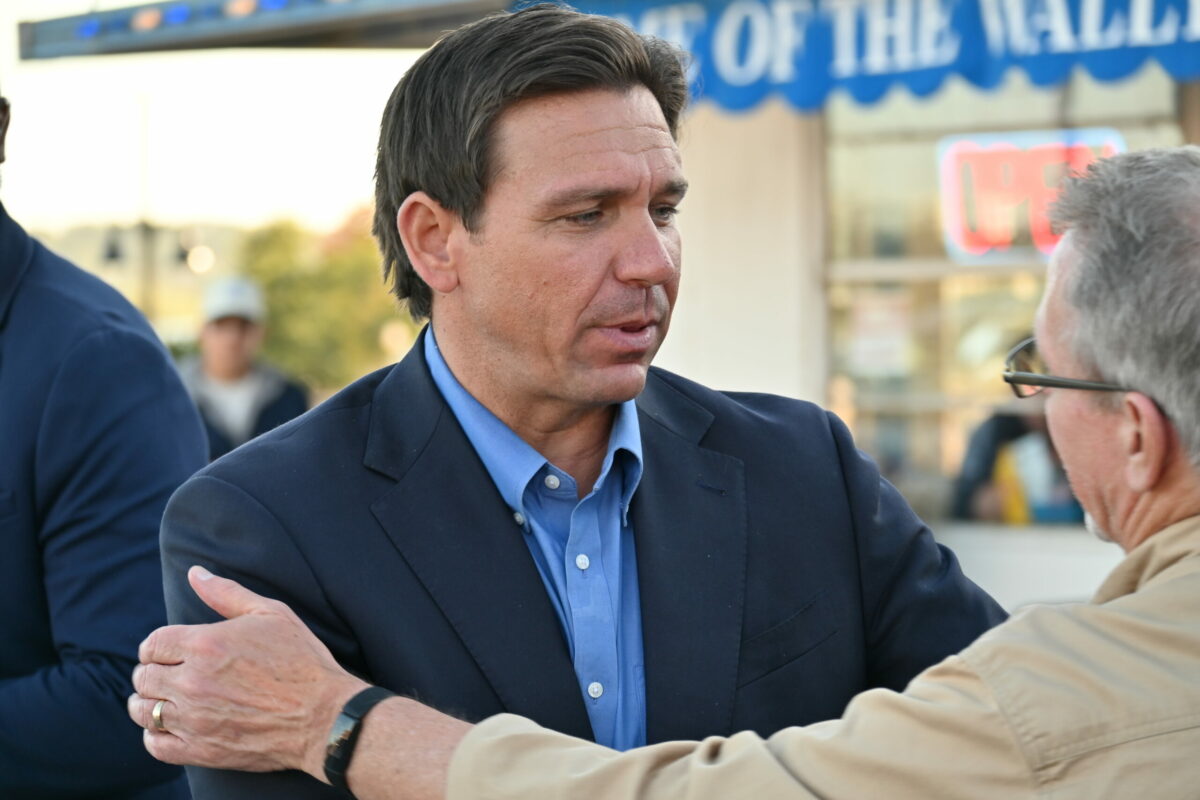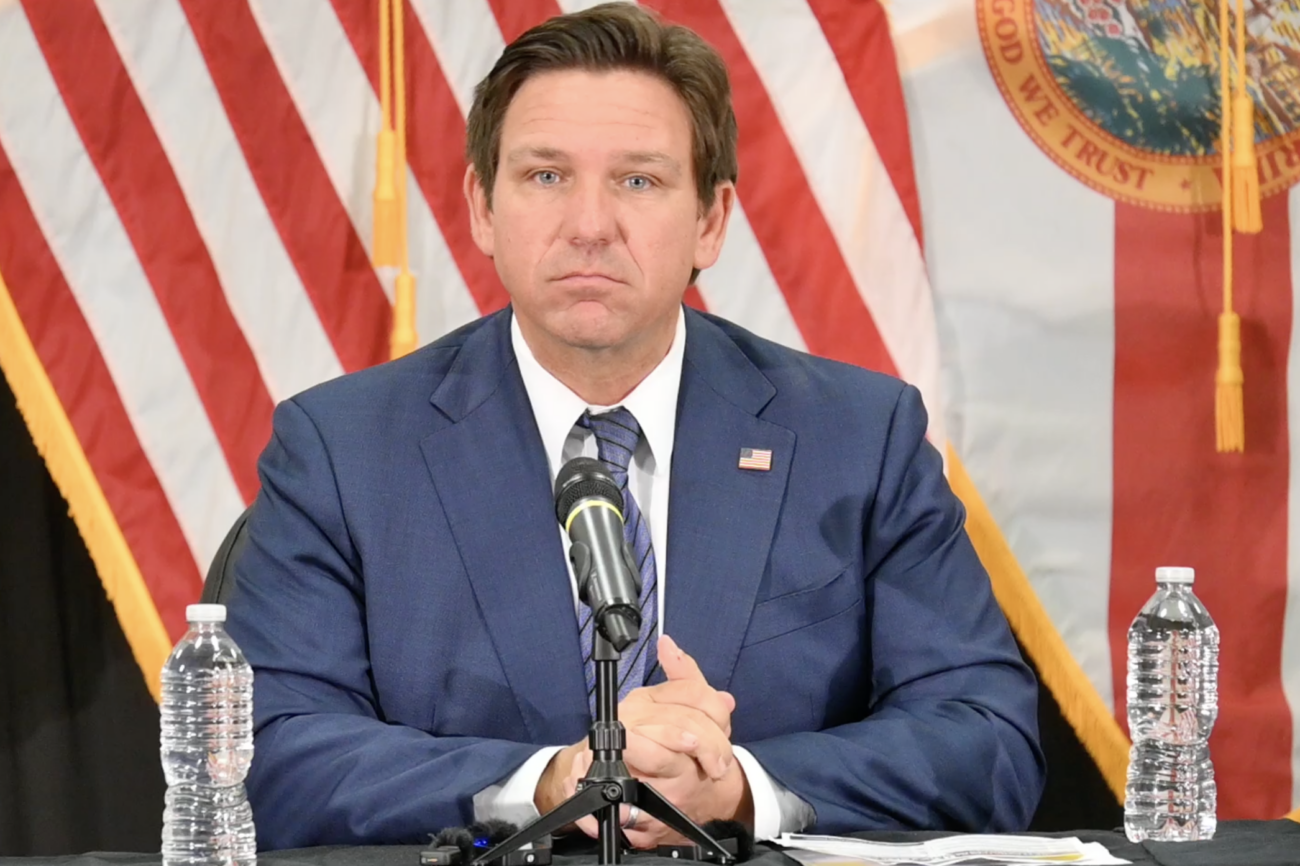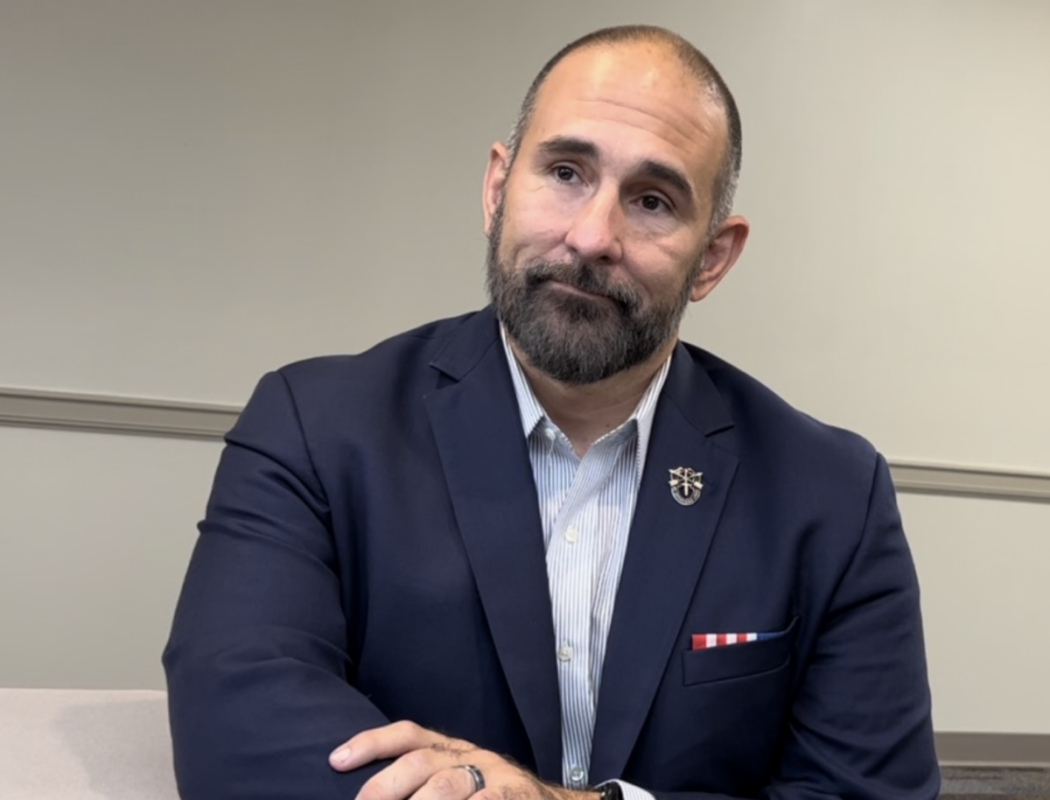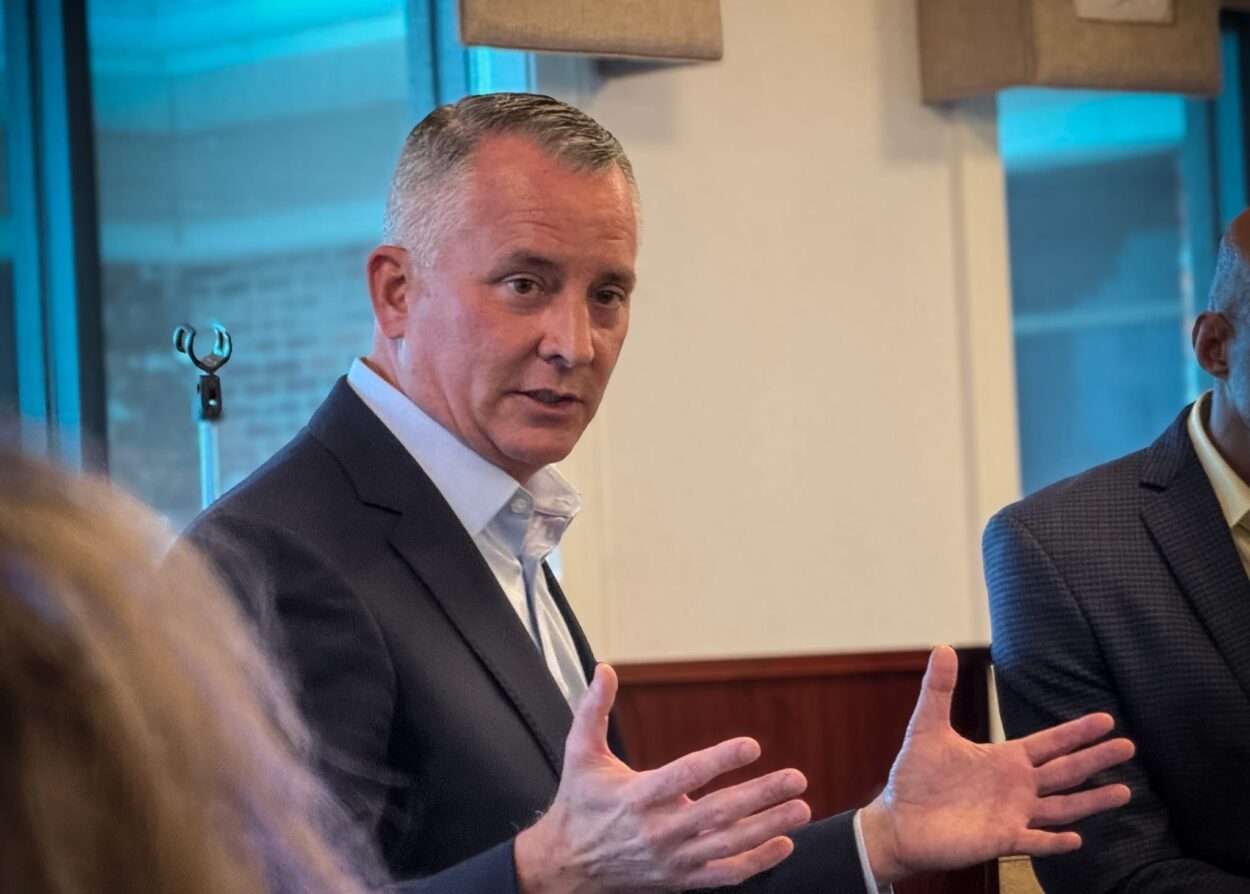During a press conference at the State Capitol in Tallahassee, State Representative Ryan Chamberlin (R-FL) announced what he believes to be the beginning of the end of property taxes in Florida.
In 2024, State Rep. Chamberlin sought to find out the necessary steps needed to replace property by filing a bill funding a study on that very prospect.
State Senator Jonathan Martin (R-FL) has taken up a similar bill in the other chamber this session.
State Rep. Chamberlin mentioned that the measure he filed last year stems from his belief that property taxes do not allow residents to "own" their land, and likened it to a form of slavery.
“I filed this bill last year for two reasons,” said State Rep. Ryan Chamberlin. “The first is because, under the current system of property taxation, no one ever owns their own property. They just lease it from [the] government. Think about it. If you can’t pay the property taxes on your home, family farm, or small business warehouse, your property will be seized by the state and given to someone else. This isn’t a tax. It’s slavery."
State Rep. Chamberlin continued, saying that the system of property taxation is based on an arbitrary, potential price set by the government (unrealized gains), not the current price of the property.
"The second reason is that our property tax system is unfair. Property taxes are collected on unrealized gains. These taxes aren’t collected on the actual value of a property when it is sold but on what some local government bureaucrat thinks it might be worth if you sold it right now. It’s time that we stop this nonsense," said Chamberlin.
This year, Rep. Chamberlin has filed HB 357 and HB 359 to create a new $100,000 tax exemption on all properties, not just homesteads, as a way to provide immediate relief. If passed, this legislation will need voter approval. He is currently working through this bill with State Senator Blaise Ingoglia (R-FL).
Chamberlin also worked with State Senator Jay Collins (R-FL) on HB 787, a bill that would create a 2% cap on year-over-year property tax revenues. Any revenue collected over a 2% increase from the previous year would be returned in the form of tax rebates or used to pay off debt.
Rep. Chamberlin concluded, “Now, getting this right is going to take some time, possibly 7 to 8 years. We will also have a plan to fund our rural county governments and ensure there is no break in funding for students. This effort will require courage and a commitment to the people who have elected us, but the days of never owning your property are coming to an end! To get this done, it will require a movement, and that movement begins today.”



